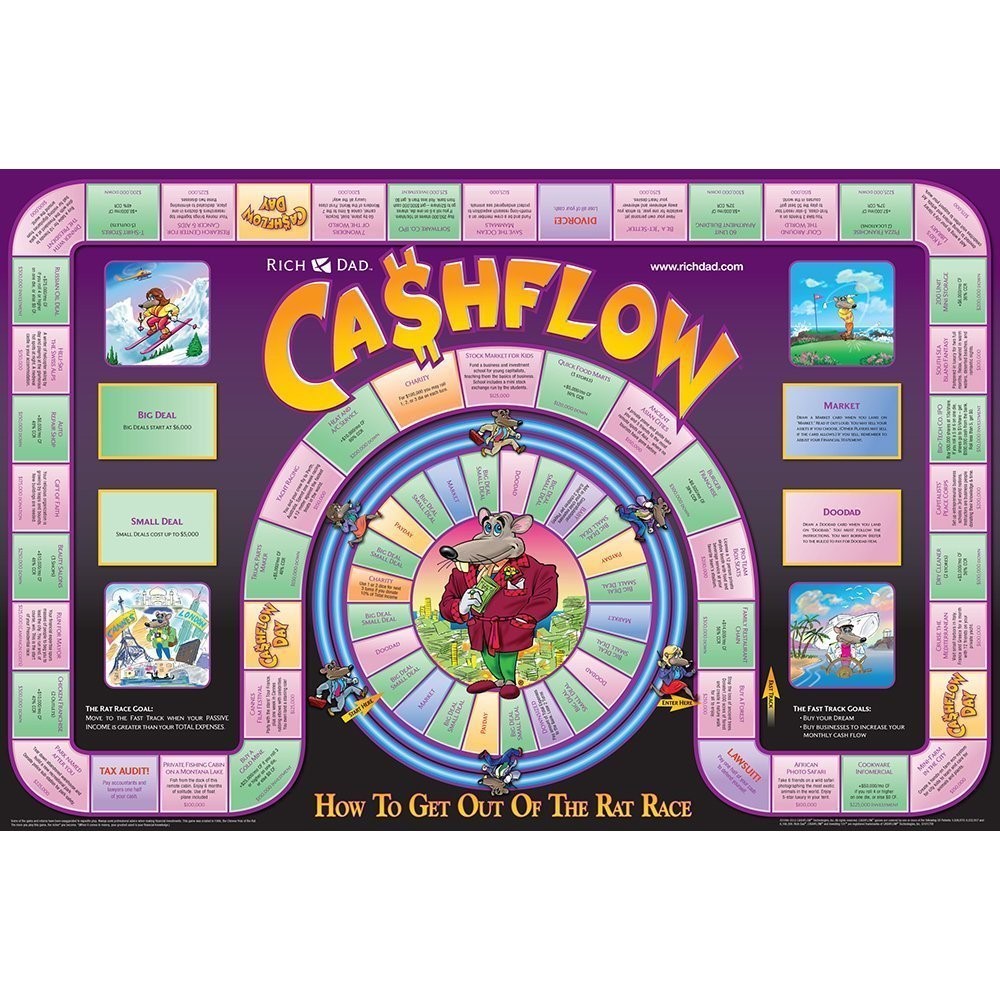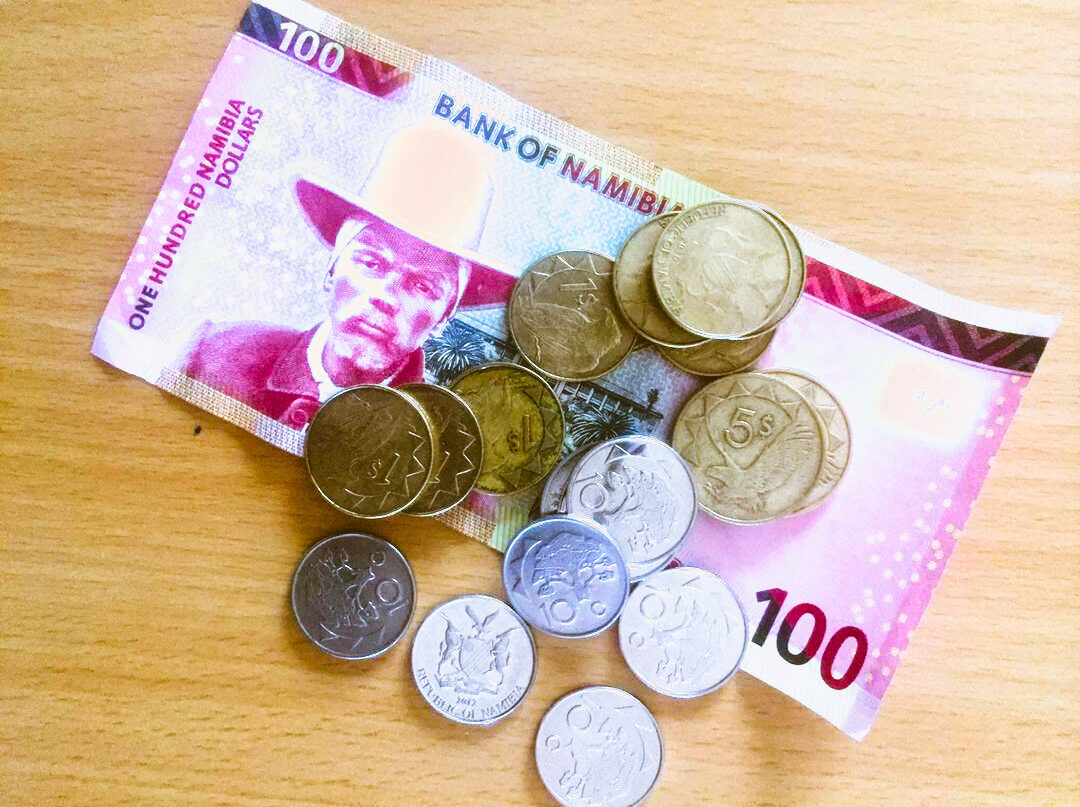Introduction
Malcolm X has said that “Education is the passport to the future, for tomorrow belongs to those who prepare for it today.” True as these words may be, they are not the absolute solution. The current education system, despite “improvements” still manages to fail those subject to it. There is no such thing as proper education, if it does not equip you for life- is essentially the way Malcolm should’ve phrased that message, but Alas! Anyway, I’m a cynic, don’t mind me…but seriously though. This piece is a magnified look into the Namibian financial education, or it’s lack thereof, because let’s face it, we could do better as a nation.
In more details…

The closest our education system comes to financial education is economics, Accounting Entrepreneurship and maybe Life Skills, which, by the way, are mostly unnecessary definitions, memorizing useless themes and long, sequential tables that nobody has the use for. Allow me to spearhead this particular campaign, in address of the lack of financial education in the Namibian school system.
In reference to the words of Malcolm, that quote is relevant here, in that it enlists a good future as a benefit of education, but the kind of education matters just as much. While we’re able to define an investment and differentiate between income and expenses from school, there are barely any relevant, practical life lessons, if at all, that carry us through life, from school.
International News
The American State of Florida recently mandated, in its system, a financial literacy course as a basic requirement for High school graduation, full article here. A huge step in the right direction, although at the same time, a small one as a large part of the country, albeit the world, is yet to follow suit.
Filing for Taxes is an essential, practical and useful morsel, (for lack of a better word), of education that would be used in the real world as these students are expected to become employees and business owners in future.
Needless to say, there is a discourse, between where the world is headed and what the education system is currently teaching. And right about now, I can almost hear the question, “But Namibia is a developing country, how can we expect to be on the same educational level as Americans?” Keep reading, I’ll answer you…
Real Talk
It doesn’t take an arm and a leg to educate, in an educative environment. Financial Literacy education does not need to be an individual course, it could simply be integrated into other course subjects, such as mathematics and Life Skills (which, by the way, can we talk about the need to make Life Skills a promotional subject?) Namibia is not so far behind that we cannot afford to make this very necessary change, I find this to be an issue of misplaced priorities, but let’s not get into that now.
The aspiration is not to be on the same level, educationally speaking, with the Americas or any other nation, for that matter. We simply must seek to better our current system. On a practical level, by the time Namibian students become graduates, they still have no idea how to even file for taxes (some don’t even know that they have to do it for themselves, until they get into the job market). I would know, because I’m a graduand who is only now familiarizing themselves with such knowledge.
From The Namibian Mouths
The Founders of Chimati Investments cc and Jilele Investments cc, agriculturalists who have endeavoured into poultry and horticulture farming as well as health-based herb production respectively, have both agreed on the need for the Namibian schooling system to teach children, in a practical sense, how to make money.
With the Chimati Investments cc Founder, adding that perhaps it would behove us to teach school children on Investments, financial models and wealth management, a point that speaks to one of prior articles, which you can read here. He emphasized the importance of Robert Kiyosaki’s theory, (as embedded in his board game of CashFlow), as one of the best starting points.
To digress, Robert Kiyosaki’s theory, the basis of CashFlow, focuses on wealth management in a manner that generates passive income from activities such as business and real estate investments, to name a few. You can read more about his interesting take on finance, in his book Rich Dad, Poor Dad.

Former deputy director of Oshana Region’s Rural Services, Mr Penda Mongudhi, has expressed his sentiments to be that the school system should teach learners about financial discipline and prudence, qualifying that when one is financially disciplined and prudent, they are not far off from being financially independent.
Parental Guidance

While we’re here, let’s understand that the duty to educate lies on us all. For the parents, you could introduce your children to games such as Monopoly and CashFlow, to encourage financial thinking.
Another difficult, yet imperative habit to encourage your teens into (the same way you do with brushing teeth for toddlers), is reading financial and business news and updates, which, in Namibia, can be accessed at The Brief.
Early introduction into such themes has the potential to help these children become familiar with having to make tough, financial choices for their own benefit. It would also give them a better, grassroots understanding of whatever else the schools may supplement them with. You’re not parents of incapable children, you’re parents of under-informed children and the ball to change that is in your court.
Conclusion
To wrap this up, I’d like to put it out there, that this article is not a politically-enthused rant, it is a genuine observation, coupled with a plea to whoever the gods that may be, to effect useful changes.
I will say, though, that the thoughts of both Malcolm X and Robert Kiyosaki make a great foundation when applied together. Again, if you feel you need to be educated on the matter, my highest recommendation is Robert Kiyosaki’s book, Rich Dad, Poor Dad.
And if this article somehow makes it to the hands and eyes of those in a position to better the situation, society implores you to do right by the next generation of leaders.






